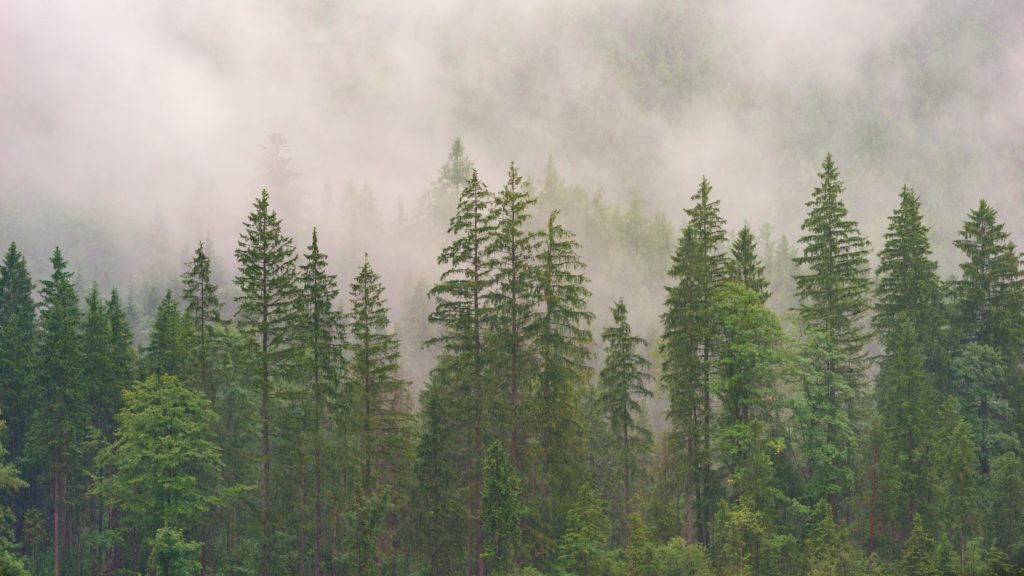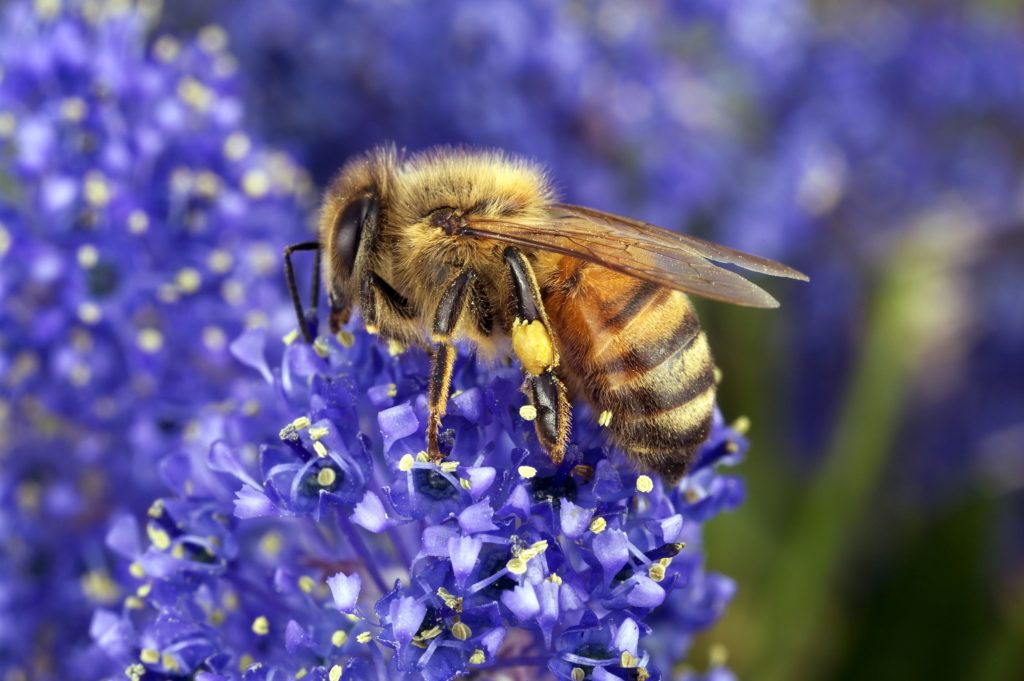International Day of Forests 2020 – ‘ecosystem services’ and forests to be thankful for
In 2012, the United Nations declared that the 21st March would be the International Day of Forests. This day raises the awareness of the importance of forests and their biodiversity, and on this day communities and nations are encouraged to undertake activities and discussions that celebrate and safeguard these habitats. On the International Day of…
Providing for bees in forest regeneration projects
Restoring pollinator populations should be prioritised for long-term effectiveness in forest restoration programmes According to the World Bank, 1.3 million km2 of forest was lost to human activities between 1990 and 2016, and deforestation rates have been increasing. With the threat of massive biodiversity losses and mounting evidence of the importance of forests in combatting climate change, efforts…
Rainforest biodiversity – provider of services and hope against climate change
Multiple climate records were broken in 2016, according to a report published by the World Meteorological Organization this morning. Hearing about record high global temperature, exceptionally low sea ice, and persistent sea level rise was admittedly not the best start for celebrating the fifth International Day of Forests. Yet we need to be reminded…
How soil health is integral to One Health
One of a series of blogs written by CABI editors for One Health (#OneHealth) Day on November 3rd 2016 "It is difficult to rate the importance of the different soil functions, since all are vital to our well-being to some extent. However, the function of supporting food and agriculture worldwide is fundamental for the preservation and advancement of…
New report highlights link between forests, farms and food security
With the global population estimated to reach 9 billion by 2050, there has been much debate around the issues of nutrition and food security. Amid these concerns, a report published on May 6 by the International Union of Forest Research Organizations (IUFRO), calls for greater consideration of the use of forests as a food source as…
Using lasers to map forest carbon
Forests cover approximately 4 billion hectares of the Earth's surface, equivalent to a third of it's total land area. According to the WWF, between 12-15 million hectares of forests are lost every year due to human impacts, such as deforestation. It is estimated that forest loss is responsible for around 15% of global carbon emissions.…
Voices from the woodlands
2012 has been an interesting year for those concerned with woods and forests. We’ve seen the outputs from the Independent Panel on Forestry and we’ve had the British Woodlands Survey - not to mention ash dieback. A recent conference gave voice to those woodland workers, owners, and managers who took part in the survey, providing a fresh…
Forests on the move
Studies on ‘natural’ and ‘forced’ migration of forests threatened by climate change. A multi-European project trying to anticipate the effects of climate change on forests is taking shape. In parts of Europe, established forest trees are showing signs of vulnerability – such as drought stress – as their ‘climate niche’ changes. An ambitious long-term project…
Climate Change – What Will Happen to Weeds and Diseases?
Much attention has focused on what plants will be able to grow where as the effects of climate change are felt. A key factor that plays into that analysis is what effect climate change will have on diseases and weeds.Two new papers in CAB Reviews look at those two elements and show that that the…



